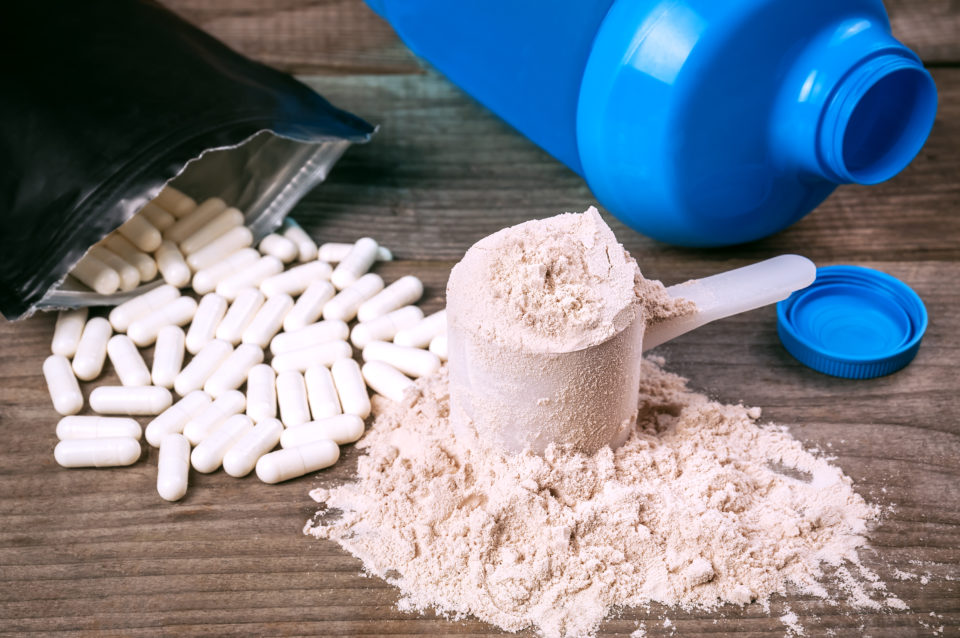
The hazards associated with dietary supplements have been well-documented—with Herbalife, Hydroxycut, and Garcina cambogia all tied to potential liver failure in adults. And according to a new retrospective, observational study in the Journal of Adolescent Health, teenagers and young adults are also at risk for complications—including hospitalization and death.
“The FDA has issued countless warnings about supplements sold for weight loss, muscle building or sport performance, sexual function, and energy, and we know these products are widely marketed to and used by young people,” said lead study author Flora Or, ScD, in a press release. “So what are the consequences for their health? That’s the question we wanted to answer.” Dr. Or is a researcher with Harvard Chan School’s Strategic Training Initiative for the Prevention of Eating Disorders.
The study authors used adverse event reports from the U.S. Food and Drug Administration Adverse Event Reporting System on food and dietary supplements database spanning January 2004 and April 2015. They calculated the relative risk of severe medical events (including death, disability, life-threatening events, hospitalization, emergency room visit, and required intervention to prevent permanent disability) associated with dietary supplements in patients aged between zero and 25 years.
Over the 11 years studied, 977 single-supplement–related adverse events occurred. Just over half (50.6%) affected females (mean age = 16.5 years [standard deviation = 7.5 years]). Compared to vitamins, a significantly higher risk for severe medical events was observed in supplements promoting muscle building (risk ratio [RR] = 2.7; 95% confidence interval [CI] = 1.9–4.0), energy (RR = 2.6; 95% CI = 1.9–3.6), and weight loss (RR = 2.6; 95% CI = 1.9–3.4).
Senior author S. Bryn Austin, ScD, a professor in the Department of Social and Behavioral Sciences, questioned why action has not been taken sooner to prevent adolescents from taking these supplements.
“How can we continue to let the manufacturers of these products and the retailers who profit from them play Russian roulette with America’s youth?” said Dr. Austin. “It is well past time for policymakers and retailers to take meaningful action to protect children and consumers of all ages.”
Retailers Readily Sell Supplements to Teens
Despite the previously documented dangers associated with adult supplement intake, manufacturers still recommend and sell them to adolescents, according to a 2017 study published in the journal Pediatrics.
For the study, research personnel called 244 health food stores nationwide pretending to be 15-year-old high school athletes interested in increasing muscle strength. Posing as the young athlete, the researchers asked the contact what they would recommend, and if the seller did not mention creatine or testosterone boosters specifically, the researchers would ask about them by name.
Overall, 67.2% (164/244) of retailers recommended creatine; 38.5% (94/244) suggested it without being prompted, and the remaining 28.7% (70/244) recommended it after the researcher asked about it specifically. Further, 9.8% (24/244) recommended a testosterone-boosting supplement.
“Regarding availability for sale, 74.2% (181/244) of sales attendants stated a 15-year-old was allowed to purchase creatine, whereas 41.4% (101/244) stated one could purchase a testosterone booster,” the study authors noted.
“Creatine is one of the most popular weight gain supplements among this age group; 8.8% to 21% of high school boy athletes report creatine use. … Clearly, there is widespread use of creatine among adolescents despite the recommendations of the American Academy of Pediatrics and the American College of Sports Medicine against creatine use by those <18 years of age,” they added.
Sources: Journal of Adolescent Health, Pediatrics, Harvard School of Public Health

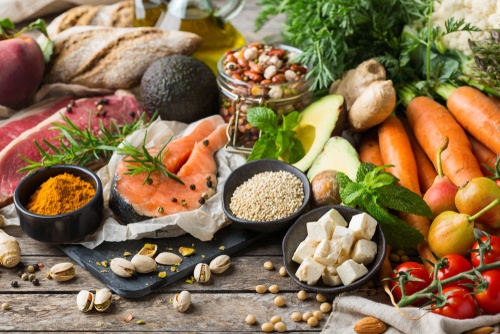
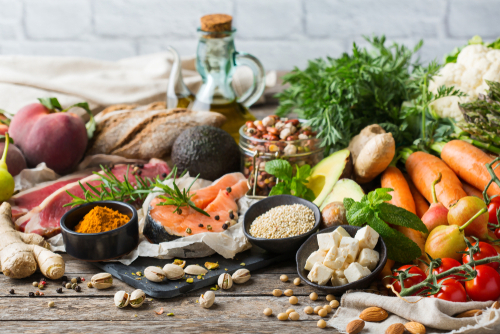
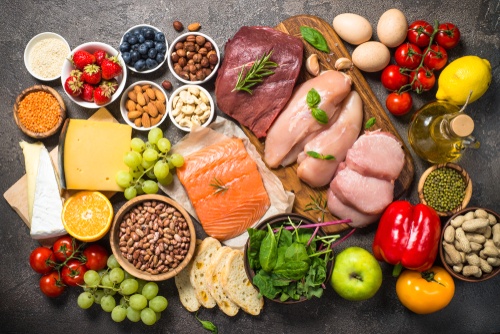
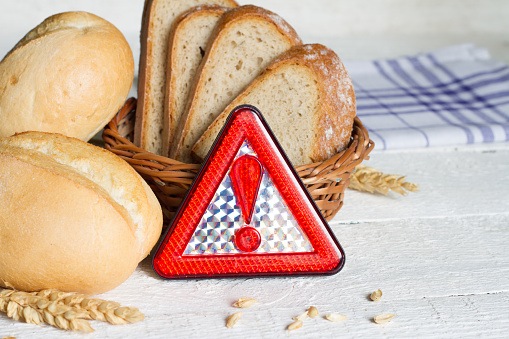

 © 2025 Mashup Media, LLC, a Formedics Property. All Rights Reserved.
© 2025 Mashup Media, LLC, a Formedics Property. All Rights Reserved.